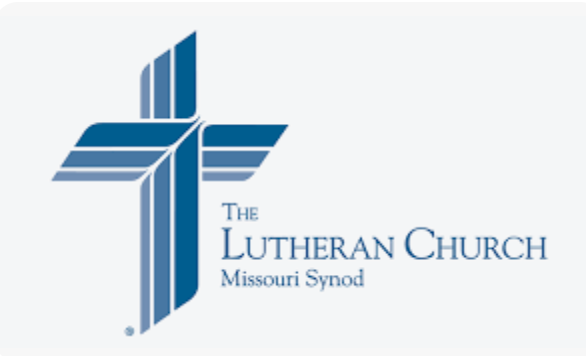Being “Lutheran,” our congregation accepts and teaches Bible-based teachings of Martin Luther that inspired the reformation of the Christian Church in the 16th century. The teaching of Luther and the reformers can be summarized in three short phrases: Grace alone, Scripture alone and Faith alone.
Grace alone - God loves the people of the world, even though they are sinful, rebel against Him, and do not deserve His love. He sent Jesus, His Son, to love the unlovable and save the ungodly.
Scripture alone - The Bible is God’s inerrant and infallible Word, in which He reveals His Law and His Gospel of salvation in Jesus Christ. It is the sole rule and norm for Christian doctrine.
Faith alone - By His suffering and death as the substitute for all people of all time, Jesus purchased and won forgiveness and eternal life for them. Those who hear this Good News and believe it have the eternal life that it offers. God creates faith in Christ and gives people forgiveness through Him.
Vision
In grateful response to God's grace and empowered by the Holy Spirit through God's word and Holy Sacraments, the mission of St. Mark's Lutheran Church is to vigorously make known the love of Christ by word and deed within our congregation, the Minot community and the world.
Grace alone - God loves the people of the world, even though they are sinful, rebel against Him, and do not deserve His love. He sent Jesus, His Son, to love the unlovable and save the ungodly.
Scripture alone - The Bible is God’s inerrant and infallible Word, in which He reveals His Law and His Gospel of salvation in Jesus Christ. It is the sole rule and norm for Christian doctrine.
Faith alone - By His suffering and death as the substitute for all people of all time, Jesus purchased and won forgiveness and eternal life for them. Those who hear this Good News and believe it have the eternal life that it offers. God creates faith in Christ and gives people forgiveness through Him.
Vision
In grateful response to God's grace and empowered by the Holy Spirit through God's word and Holy Sacraments, the mission of St. Mark's Lutheran Church is to vigorously make known the love of Christ by word and deed within our congregation, the Minot community and the world.
